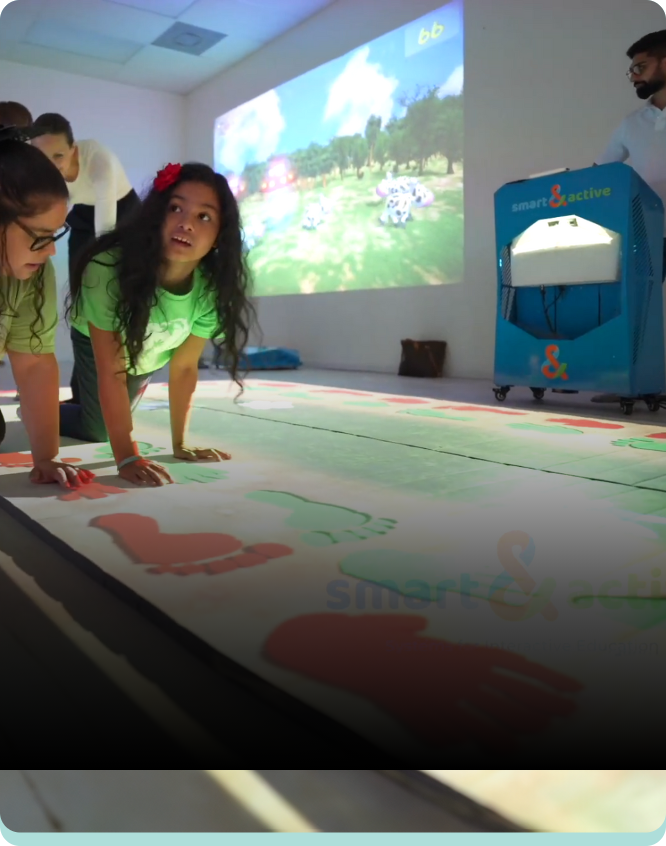NON-SPEAKING ≠ NON-THINKING
Posted by Dr. Rachel C. Morgan & Adam Morgan on Apr 2nd 2021

I will never forget the day that I first heard the words “I love you, mommy” from my non-speaking autistic son. My son, Adam, was 4 years old and had very few words that he used meaningfully. It was the Friday before Mother’s Day and I was working with him on his speech. He had received countless hours of speech therapy, starting when he turned one, with very little progress when it came to spoken words. Medical and Educational professionals were telling me that I needed more intensive therapies, I was exhausted, stressed, and feeling like a failed parent. I found myself at a breaking point and was sitting there crying with my head in my hands, feeling hopeless. I suddenly felt my son’s sweet hands on my face lifting it up to his level. He peered into my wet eyes and smiled, then the miracle happened. He said “I love you, Mommy”! Finally, a breakthrough and the best Mother’s Day present anyone could ask for.
As we moved through the next several years, Adam continued to use limited speech. The professionals continued to tell me that my son was functioning at a much lower age level than his peers. I’d hear, “Adam needs to learn to use his speech appropriately and that only comes from repetition and drills” or “He can’t even follow the simplest of directions”. As his mother, something wasn’t sitting right with me. To me, Adam seemed to understand everything being said but had trouble giving answers of his own. I was conflicted and couldn’t figure out what to do. Was I just a mother that was seeing something in my son that others didn’t? Was I being unrealistic with what my son could actually do? Professionals would tell me I was expecting too much out of Adam. Was I?
Adam’s perspective and reflection on the early years of his life gives all of us a glimpse of how he experienced his youth. He shares, “Growing up with non-speaking autism has had its ups and downs. Prior to finding my voice at the age of 10, the frustration was overwhelming. People treated me as If I didn’t understand or was hard of hearing. The lack of education and awareness was staggering. During those early years, I tried to ignore the rudeness and ignorance of others and go into my own world to escape societal prejudices. My family struggled to learn what was best for me because doctors and educators kept reminding them of what they thought I couldn’t do. I was very lonely before finding my voice. My family is amazing and have always believed in me no matter what others said.”
I was at a crossroads and having a difficult time finding the answers that felt right to me. I knew my son was extremely intelligent and was going to find his voice, I just didn’t know what that looked like yet. I started going to more and more conferences and met several non-speaking autistics that showed me an alternative way to speaking. People were using hand-made letter boards or an iPad to type to communicate. What a brilliant idea! I realized that the true experts on this topic were not medical or educational professionals but the people who are autistic. My perspective started to shift dramatically and I sought after more and more information from people on the spectrum and listened more intently and purposefully to my own son. I listened with my eyes, not just my ears. I read so many books authored by autistics themselves. This advice felt right and made the most sense to me.
As I transformed my thinking and we provided an alternative way for my son to communicate, by using an iPad, our lives began to change. Adam continued to grow and share his inner thoughts, “When I was 10 years old, fourth grade, I typed my first words with my tutor. It was the most liberating moment of my life. You see, I have what experts refer to as Echolalia. This is where my impulsive body will take over and repeat words or phrases instead of conversational speech. Others then think I don’t understand or are unable to answer them or even follow simple instructions. Speech is all motor, I therefore, have a motor issue rather than a cognition issue. I ask that others ignore my spoken words as they are unreliable. My typing is my real voice. When I type, my body gets in a rhythm and slows things down so I can get my thoughts out.”
Just because someone is non-speaking does not mean that they are non-thinking. Our society sees expressive language as strictly being our spoken words. In reality, 93% of all communication is non-verbal for everyone. The current mindset is that if someone can’t speak, they have a low IQ and don’t understand. This could not be further from the truth. When Adam started his Freshman year, we took a different approach. He took over his Individualized Education Program (IEP) and was a truly amazing self-advocate. We finally were able to get the right support for him. Adam’s teachers, peers, and support team took the leap of faith with us and focused on his strengths while having high expectations. Adam shares, “From my 4 yrs. in high school I have learned it is more about building trusting relationships with my teachers and friends in class that are the difference when it comes to my impulsive body. My freshman year was hard and I took more breaks as I couldn’t control my movements. As a senior I barely leave the room because of the relationships I’ve built.”
I have learned so much from Adam about what autism truly is for him. He has explained that there is nothing wrong with his brain, however, his body does not always do what his brain wants it to. When he has the opportunity to type to communicate, it slows his body down to be able to get his true thoughts out. Building a trusting relationship with Adam and respecting his preferred communication method of typing is the key to success. Adam has been accepted into both Lindenwood University and University of Missouri St. Louis (UMSL) for the fall of 2020. He will be the first non-speaking autistic on either campus and is looking forward to continuing to break barriers for those coming up behind him. Adam is a contributing author to a number one best-selling book on Amazon, “Leaders Around Me” edited by Dr. Edlyn Pena. He also has his own YouTube Channel - Tech Talk With Adam Morgan. These two great resources will give you additional insights and strategies into the minds of non-speaking autistics.
Dr. Rachel C Morgan
Adam Morgan







